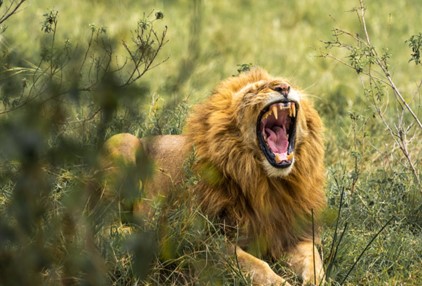Hunting African lions has long captured the imagination of hunters around the world. As the apex predator of the savanna, the African lion symbolizes power and dominance, making it a sought-after trophy for those seeking to test their skills. The thrill of tracking such a formidable creature offers a unique challenge that few other hunting experiences can match.
Beyond the adrenaline rush, lion hunting in Africa is steeped in tradition, drawing enthusiasts who wish to immerse themselves in a practice that has spanned generations. For many, it’s not just about the hunt but also about understanding the delicate balance between conservation and sport. Ethical hunting plays a role in wildlife protection, contributing to habitat preservation and sustainable management efforts.
As we explore the motivations behind lion hunting, it’s essential to consider both the personal and environmental impacts, shedding light on why this pursuit continues to hold a significant place in the hearts of many hunters.
[DYNAMIC-BLOGTABLEOFCONTENT]
Key Takeaways
- Cultural Significance: Lion hunting has deep cultural roots, serving as a symbol of bravery and a rite of passage in various African societies, such as the Maasai tribe, and continues to resonate with those who value tradition and heritage.
- Economic Impact: The trophy hunting industry provides substantial financial benefits to African regions, supporting conservation initiatives, generating local employment, and enhancing community livelihoods.
- Conservation Role: Regulated lion hunting can aid in population management and environmental balance, contributing funding for habitat preservation and anti-poaching efforts that support long-term ecological health.
- Ethical and Legal Considerations: The practice of lion hunting raises moral debates about conservation vs. sport, with legal frameworks in place to ensure ethical hunting aligned with conservation goals.
- Alternative Approaches: Ecotourism and community-based conservation offer sustainable alternatives to lion hunting, promoting wildlife protection and economic growth while fostering a connection between people and nature.
Cultural Traditions
Imagine setting off on an adventure in the vast savannas of Africa, where the echoing roar of a lion sends chills down your spine. Why do people embark on such a journey? Our curiosity is piqued to explore the deep-rooted fascination with lion hunting and the cultural elements linked to it.
Historical Context
Lion hunting in Africa has a rich historical backdrop. Ancient societies revered lions as symbols of strength and royalty. Pharaohs in Egypt, for instance, often depicted themselves as lion hunters in hieroglyphics, showcasing their heroism and divine authority. This tradition carried through millennia, evolving into contemporary Game Hunting Safaris that appeal to those drawn by history and tradition.
In parts of Africa, hunting lions was more than sport; it was a rite of passage. Competence in the hunt demonstrated bravery, earning respect within the tribe. While modern motivations may differ, echoes of these traditions persist in the thrill and challenge that lion hunting represents.
Ritualistic Significance
For some cultures, hunting a lion in Africa carries significant ritualistic importance. The Maasai, a well-known indigenous group, regard the lion hunt as a rite signifying the transition from youth to warrior. Although this practice has diminished due to conservation efforts, the symbolic weight remains.
Moreover, spiritual beliefs play a part in these hunts. In various tribal communities, the lion is seen as a spiritual entity, and hunting it involves ceremonies to honor this majestic creature. The hunter seeks not merely to kill but to engage in a time-honored dialogue with nature, laden with respect and reverence.
For more on Game Hunting Safaris and their cultural implications, visit Game Hunting Safaris.
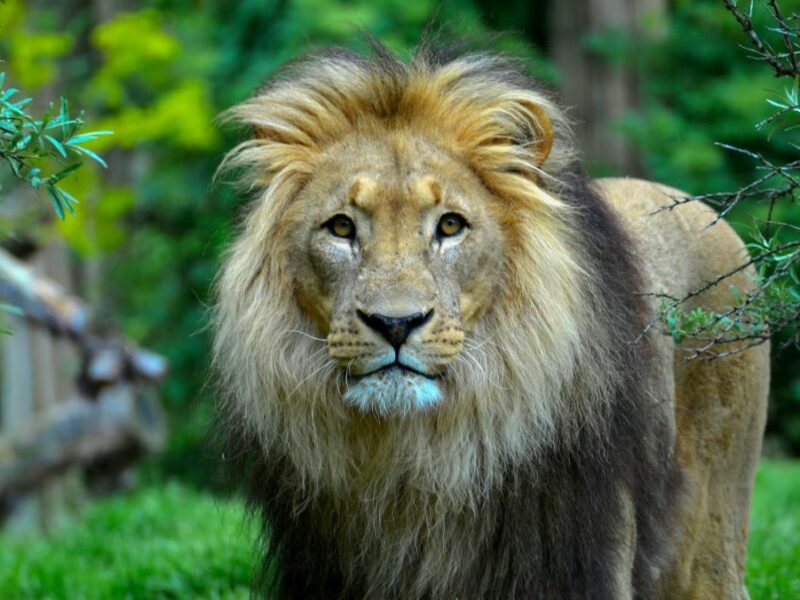
Economic Incentives
Economic incentives drive the phenomenon of lion hunting in Africa, influencing decisions and practices linked to this controversial activity.
Trophy Hunting Industry
The trophy hunting industry brings substantial financial gains to regions where lion hunting occurs. On occasion, fees for hunting a lion in Africa reach upwards of $50,000. This revenue supports conservation efforts, infrastructure, and local communities. Game Hunting Safaris capitalize on this demand, offering curated experiences for hunters seeking not just the thrill but also a sense of contributing to conservation. The funds collected often finance anti-poaching units and habitat management, sustaining wildlife populations.
Livelihood and Employment
Lion hunting Africa generates a significant source of income and job opportunities for local populations. Game Hunting Safaris employ guides, trackers, drivers, and hospitality staff, creating employment in remote areas where alternatives are scarce. These opportunities improve standards of living, supporting families and contributing to the local economy. As lion hunting creates a viable livelihood source, it encourages community participation in conservation initiatives, balancing ecological and economic needs.
For more information on how lion hunting impacts both the economy and conservation efforts, explore Game Hunting Safaris.
Conservation Efforts
Conservation efforts play a crucial role in balancing the ecological impact of lion hunting in Africa. They aim to safeguard lion populations while addressing the economic and cultural aspects of the practice.
Population Management
Population management involves maintaining a sustainable number of lions to prevent overpopulation and environmental strain. Certain areas use hunting a lion in Africa as a tool for controlling lion numbers, selecting specific individuals to avoid negative impacts on the local ecosystem. Scientific research and monitoring guide these practices, ensuring that lion populations remain robust. For example, in South Africa, managed hunting efforts have helped stabilize lion numbers in private reserves. When well-regulated, this approach supports biodiversity by preserving both lions and their habitats.
Funding for Conservation Initiatives
Revenue generated from lion hunting in Africa significantly funds conservation initiatives. Game Hunting Safaris contribute financially to habitat preservation, anti-poaching measures, and community-based conservation programs. The fees from these safaris—sometimes reaching tens of thousands of dollars—help support wildlife management and infrastructure development. For instance, parts of the proceeds may finance research on lion behavior and genetics, aiding long-term conservation goals. With adequate funding, these programs can employ more rangers, increase patrols, and offer educational outreach to local communities. By investing in such initiatives, we help ensure the future of lion populations and their natural environments. For more information, visit Game Hunting Safaris.
These efforts highlight how responsible lion hunting can align with conservation objectives, promoting sustainability and ecological health.
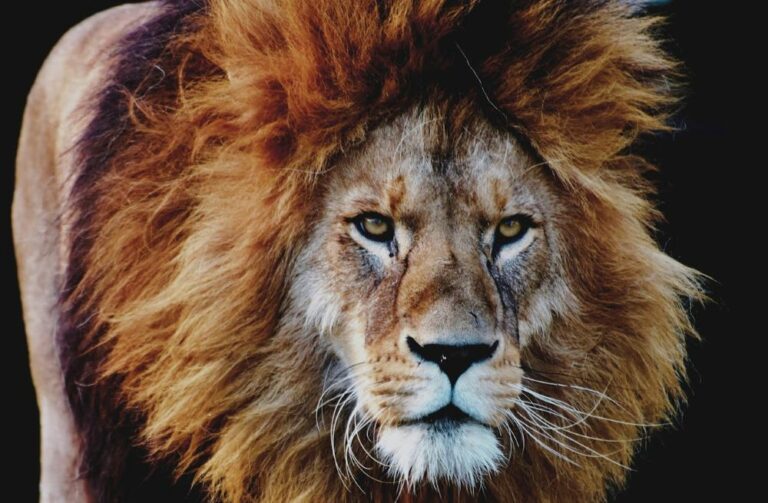
Ethical Considerations
Exploring the ethics of lion hunting in Africa raises complex questions. These issues delve into the balance between conservation, tradition, and the morality of hunting apex predators.
Moral Debates
Lion hunting in Africa stirs significant moral debates. Critics argue that the practice puts undue pressure on already vulnerable lion populations, threatening biodiversity and the ecosystem’s balance. They question the morality of killing for sport, considering the rich cultural and spiritual significance of lions in many African societies. Those in favor suggest that ethical hunting can support conservation efforts and maintain sustainable animal populations, framing it as a necessary trade-off for greater ecological health.
Legal Regulations and Enforcement
Legal frameworks govern lion hunting, aiming to ensure ethical practices. Regulations dictate quota systems, hunting zones, and permit requirements to protect lion populations from overhunting. Enforcement remains crucial, as illegal hunting and weak oversight undermine conservation efforts. Countries like South Africa implement strict guidelines, incorporating scientific research to align hunting practices with conservation goals. Game Hunting Safaris comply with these regulations, promoting sustainable hunting experiences that contribute to regional conservation initiatives. For more information, visit Game Hunting Safaris.
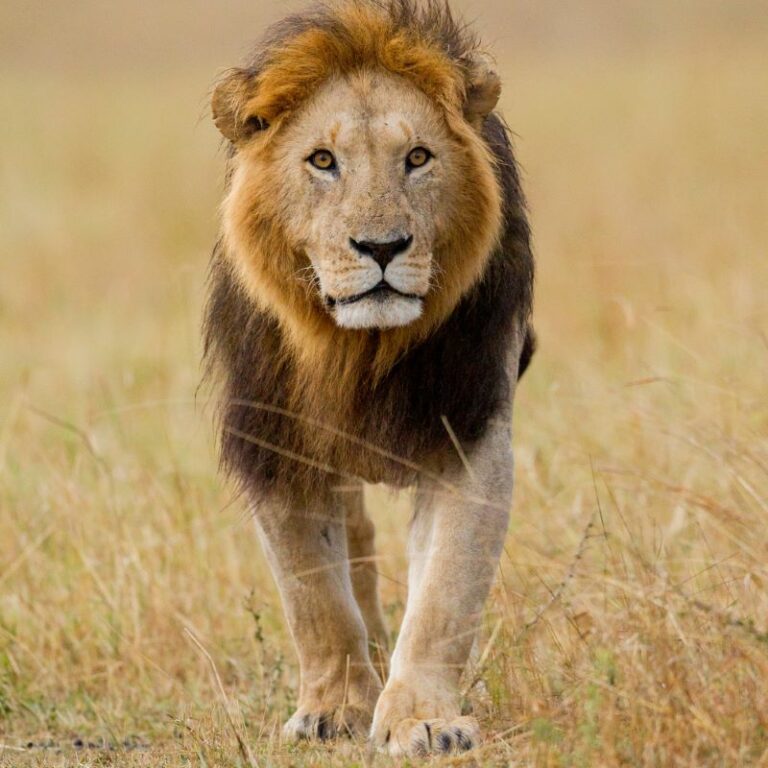
Alternative Solutions
Our world offers countless ways to enjoy and protect wildlife without resorting to hunting African lions. While the tradition of lion hunting remains, we explore alternative methods that allow enthusiasts to connect with nature and support conservation.
Ecotourism Opportunities
Ecotourism stands as a sustainable alternative to traditional hunting in Africa. Travelers can immerse themselves in the natural habitat of lions, observing these majestic creatures while contributing to conservation efforts. Ecotourism not only preserves wildlife but also benefits local communities economically. Visitors pay for guided tours, accommodations, and activities like birdwatching or safaris, all of which generate income that supports conservation projects and infrastructure. Safari operators prioritize ecological protection, often partnering with NGOs and governmental agencies to ensure responsible wildlife interactions. By choosing ecotourism, we engage in a symbiotic relationship with nature and promote the longevity of species like African lions.
Community-Based Conservation Projects
Community-based conservation projects focus on empowering local populations to take an active role in preserving wildlife. These initiatives ensure that communities see lions and other wildlife as valuable resources, leading to increased efforts to protect them. Involving local people in conservation creates job opportunities and fosters a sense of responsibility toward protecting natural environments. For instance, some regions employ community members as wildlife monitors or park rangers, providing employment and education alongside conservation outcomes. Community-based projects often incorporate traditional knowledge and practices, ensuring respect for cultural heritage while promoting ecological sustainability. Through collective efforts, these projects enable us to work together towards maintaining the delicate balance of our ecosystems.
For more information on creating meaningful wildlife experiences that support conservation, visit Game Hunting Safaris.
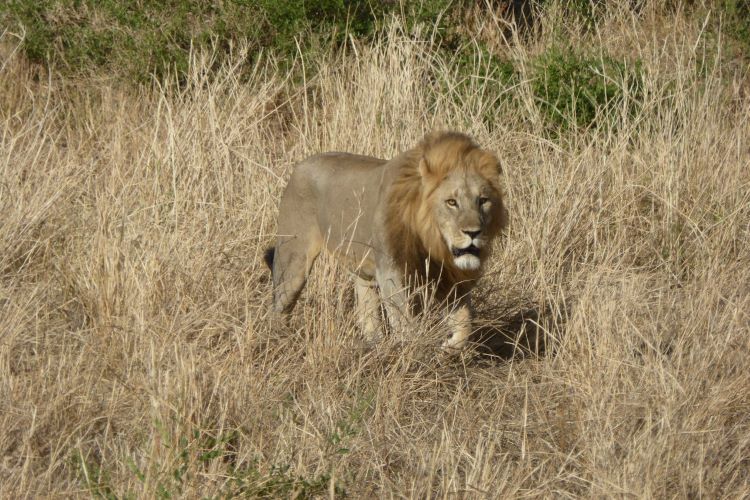
Conclusion
Our exploration of why humans hunt African lions reveals a complex interplay of tradition, economics, and conservation. While the thrill and cultural significance of lion hunting continue to draw enthusiasts, it’s crucial to balance these practices with ethical considerations and sustainable conservation efforts. The economic benefits and community involvement highlight the potential positive impacts, yet the moral debates and alternative solutions like ecotourism offer pathways for responsible engagement with wildlife. By understanding these multifaceted motivations and impacts, we can better navigate the future of lion hunting and its role in both human culture and ecological preservation.
Frequently Asked Questions
What motivates people to hunt African lions?
People are motivated to hunt African lions due to the thrill of pursuing apex predators, the cultural significance of the practice, and personal challenges. Historically, lion hunting has been a symbol of strength and heroism. For some, it’s a way to engage with ancient traditions, while for others, it’s about connecting with nature and experiencing adventurous rites of passage.
How does lion hunting contribute to conservation?
Lion hunting contributes to conservation by generating significant revenue used for habitat preservation, anti-poaching measures, and community programs. It funds scientific research guiding population management to maintain sustainable numbers and supports infrastructure that facilitates these efforts, ultimately aligning hunting with ecological health objectives.
What are the legal regulations surrounding lion hunting?
Legal regulations for lion hunting include quota systems and permit requirements designed to protect lion populations. Countries like South Africa enforce strict guidelines, ensuring practices align with conservation goals. These regulations are crucial for maintaining ethical hunting standards and preventing illegal activities that threaten conservation efforts.
How does the economy benefit from lion hunting?
The economy benefits from lion hunting through substantial financial gains, with hunting fees supporting local communities and conservation efforts. The industry generates jobs in guiding, tracking, and hospitality, improving living standards and fostering economic development. These activities enhance infrastructure and encourage local participation in sustainable conservation initiatives.
What are the ethical considerations of lion hunting?
Ethical considerations involve balancing conservation, tradition, and animal welfare. Critics argue it threatens biodiversity and vulnerable populations, while proponents believe ethical hunting supports sustainable animal populations and conservation. These complex debates focus on legality, morality, and maintaining ecological balance while respecting cultural practices.
What is the role of cultural traditions in lion hunting?
Cultural traditions play a significant role in lion hunting, with historical roots in societies like the Maasai, where it represents a rite of passage. Lions have symbolized strength and royalty across various cultures, with such traditions evolving into modern hunting safaris that respect historical contexts while providing contemporary experiences.
How does ecotourism serve as an alternative to lion hunting?
Ecotourism offers a sustainable alternative by allowing tourists to observe lions in their natural habitat, supporting conservation efforts, and benefiting local economies. It emphasizes non-invasive engagement, fostering community-based conservation projects that empower locals to protect wildlife, creating job opportunities, and respecting cultural heritage to promote ecological sustainability.
